The meeting of typical phenotype compatible blood donors in 2023 was organized by the National Institute of Hematology and Blood Transfusion (NIHBT) today, December 16, in Hanoi.
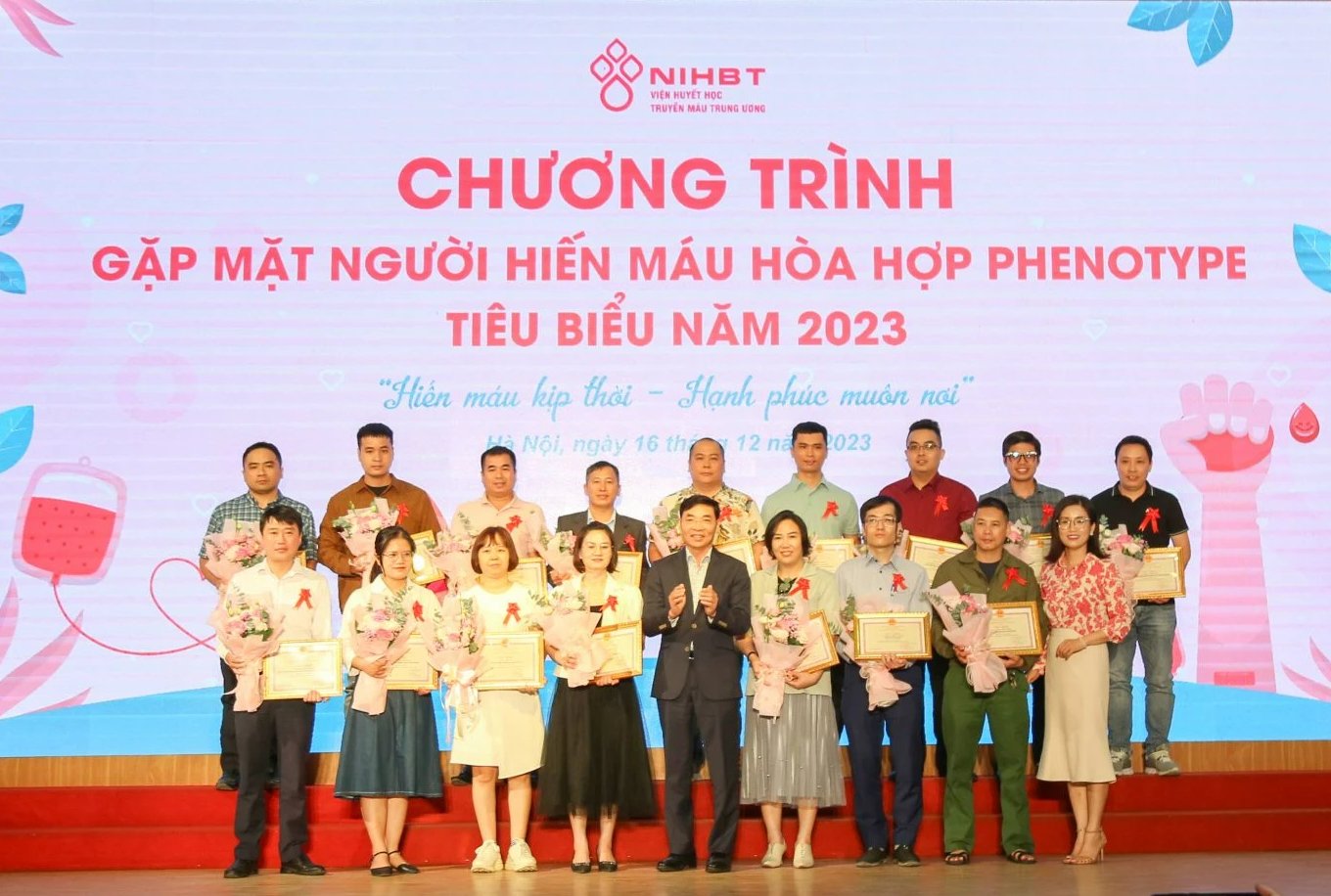
NIHBT leadership representative awarded certificate of merit to outstanding compatible blood donors in 2023
At the meeting, NIHBT Deputy Director Le Lam said that in addition to the ABO and Rh(D) blood group systems, which are the two most important blood group systems in blood transfusion, there are many other blood group systems whose antigens are highly immunogenic, meaning they can stimulate the recipient's body to produce antibodies against the corresponding antigens (also known as abnormal antibodies).
These abnormal antibodies can cause blood transfusion accidents and leave serious consequences for the patient.
Currently, with 43 blood group systems with 376 different red blood cell antigens discovered, it is very difficult to find two individuals with exactly the same blood group antigens.
The diversity of blood group antigens is a huge challenge for the medical industry, especially in the field of blood transfusion in emergency care and treatment of patients with rare blood groups and in need of phenotype-compatible blood transfusion.
Expanding reserve blood donation bank
Dr. Hoang Thi Thanh Nga, Head of the Department of Blood Group Serology (NIHBT), added that if a patient has to have a blood transfusion, they will definitely be exposed to foreign antigens from the donor's blood. Therefore, the more blood transfusions a patient has, the more likely they are to be exposed to foreign antigens and the higher the risk of developing abnormal antibodies in these patients.
According to a recent study by NIHBT, in patients with congenital hemolytic anemia, the rate of abnormal antibody production is relatively high, about 10 - 11%.
In treatment, to ensure safe blood transfusion, in addition to providing enough blood, transfusion of blood with compatible antigens of the red blood cell blood group (phenotype compatible transfusion) between the donor and recipient is very important.
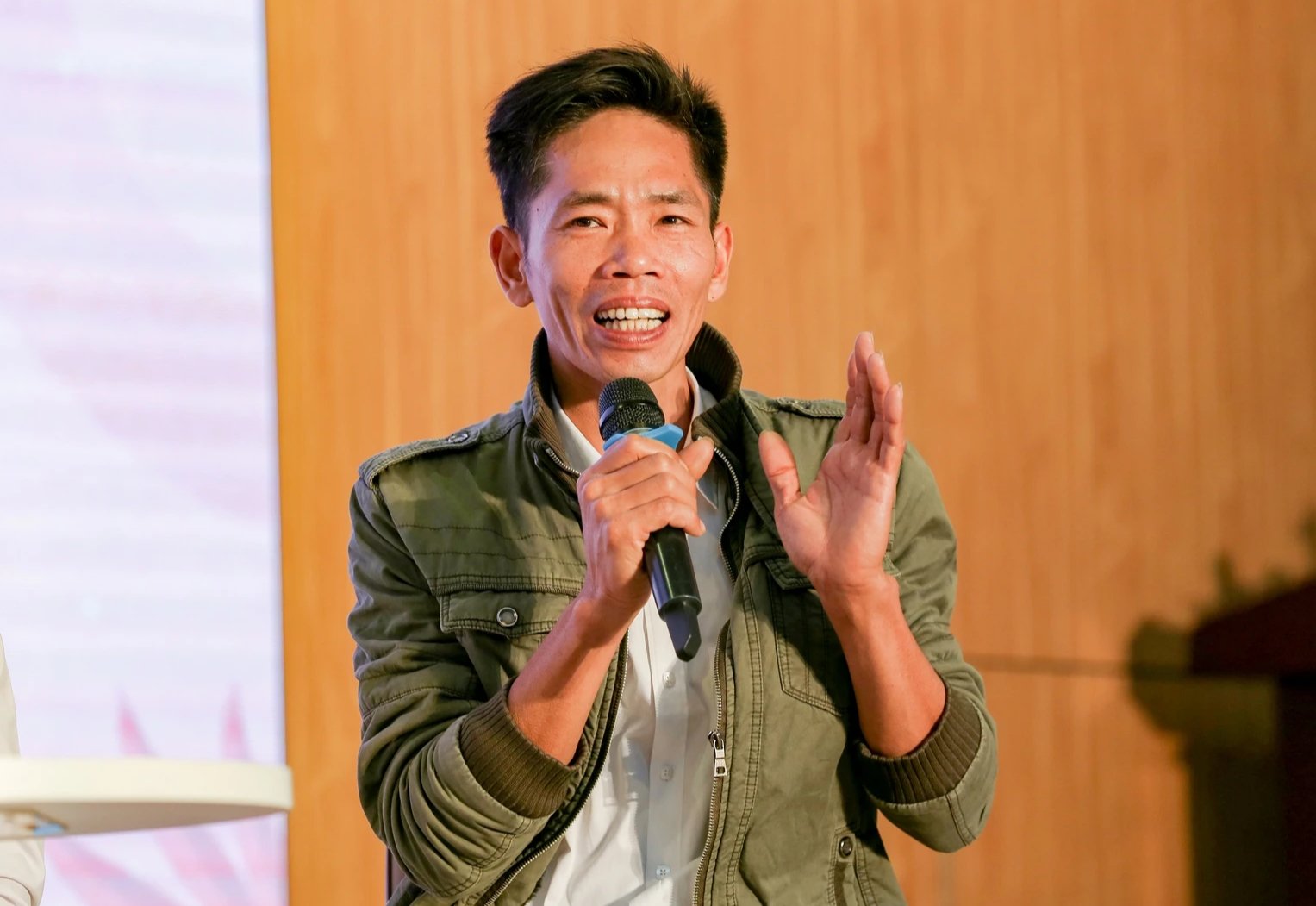
Mr. Nguyen Tien Hoa (residing in Thai Binh) expressed his willingness to donate blood to patients in need of phenotype compatible blood transfusion.
Over the years, NIHBT has built and expanded its donor reserve by identifying blood group antigens other than ABO and Rh(D) for a number of regular volunteer donors. As a result, when patients need phenotypic compatible transfusions, the institute can contact and mobilize appropriate donors from the list.
In 2023, the institute provided 2,681 units of phenotype-compatible blood to treat patients at the institute and several other hospitals.
The primary role of genotype-compatible blood donation is to minimize transfusion complications due to red blood cell group incompatibility between the donor and recipient.
Donating phenotypic compatible blood minimizes transfusion complications due to incompatibility between the donor and recipient's red blood cell groups; limits the production of abnormal antibodies in the red blood cell system; limits iron chelation treatment for patients with congenital hemolytic anemia who require regular blood transfusions...
As a person who donated phenotype-matched blood 3 times this year, when the hospital mobilized it in situations where it was needed for patients, Mr. Nguyen Tien Hoa (residing in Thai Binh) shared: "From Thai Binh to NIHBT, the round trip is about 170 km. I usually take a car in the morning, at 5:50, arriving in Hanoi at 7:00. I don't feel bothered when the hospital mobilizes blood donations. I set a goal for myself, to donate phenotype-matched blood 3-4 times a year. Donating blood for patients is also for myself, because when patients are healthy, I feel happy, that is what I really appreciate."
According to NIHBT data, there are currently 700 people with a low antigen group who can receive phenotypic compatible blood transfusions. About 10% of them, the institute can regularly contact when blood needs to be mobilized for patients.
Source link








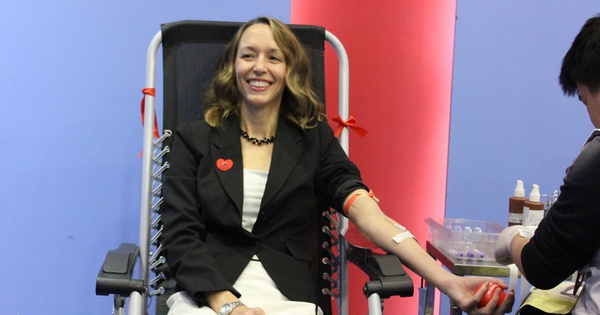



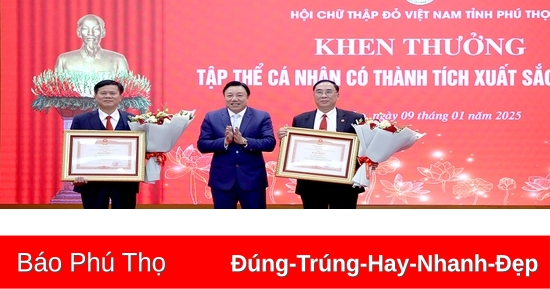
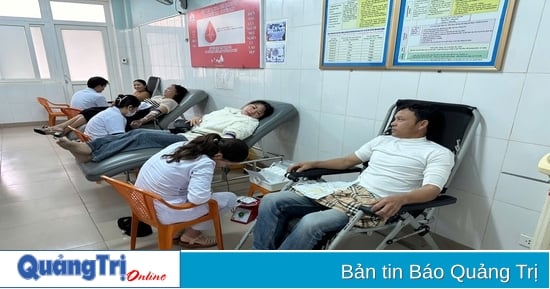
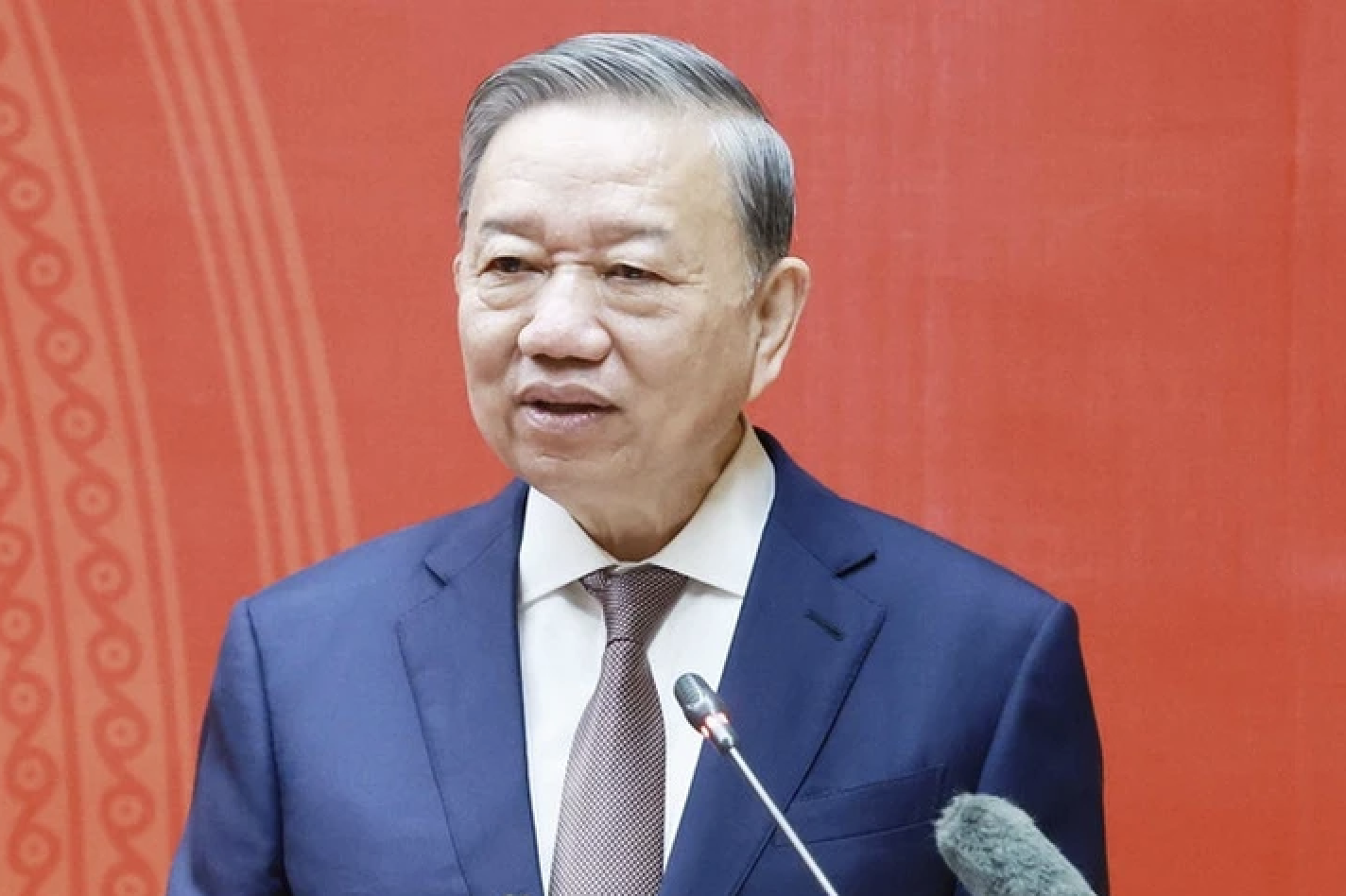

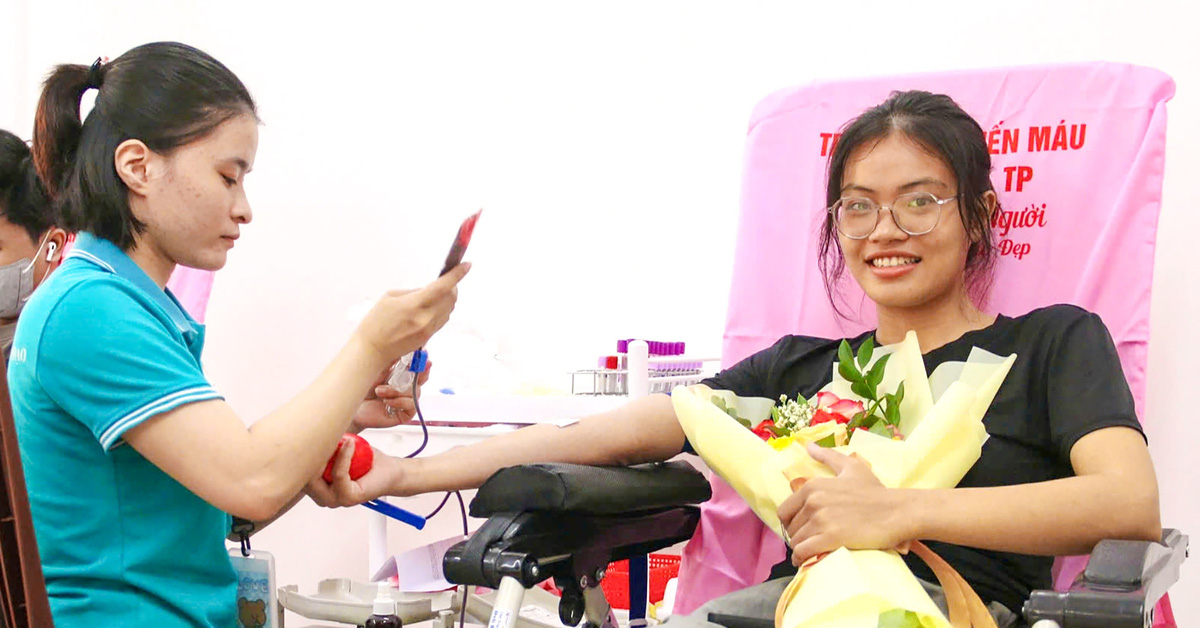




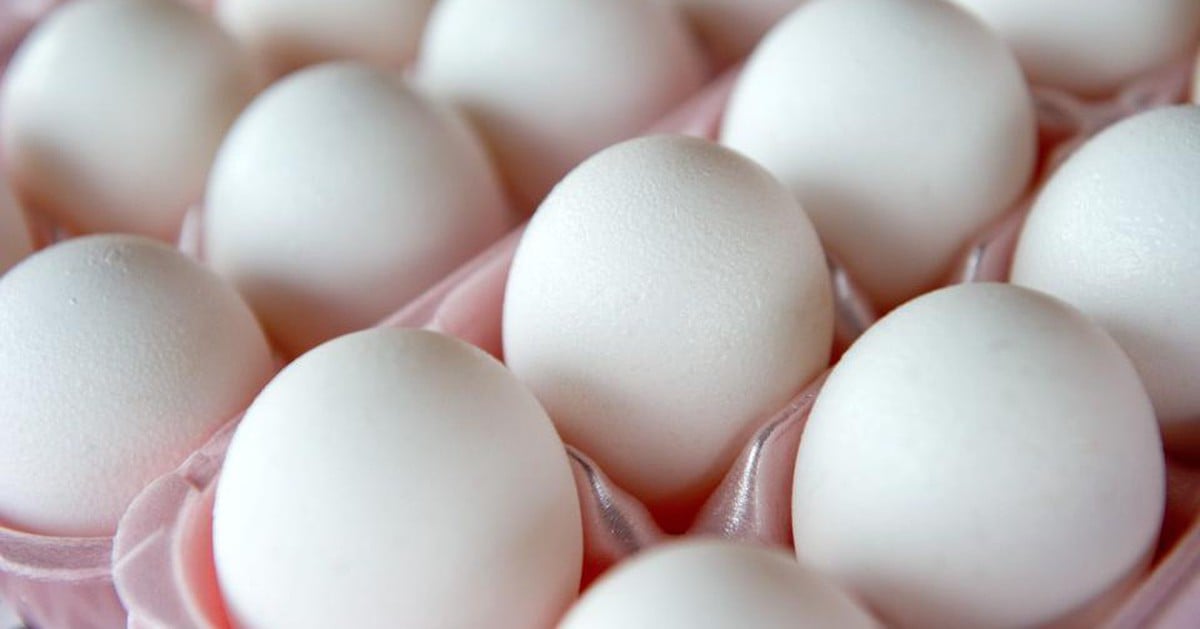
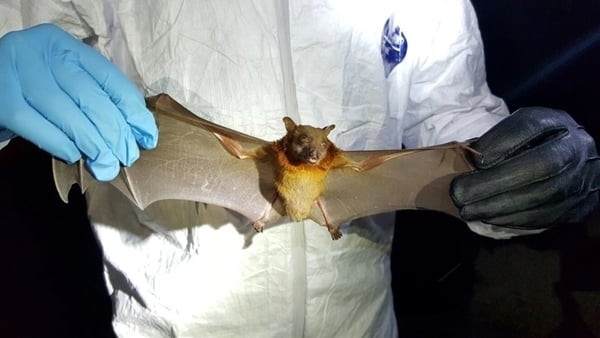

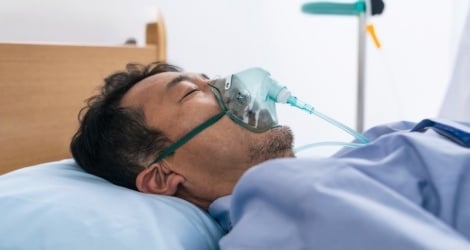






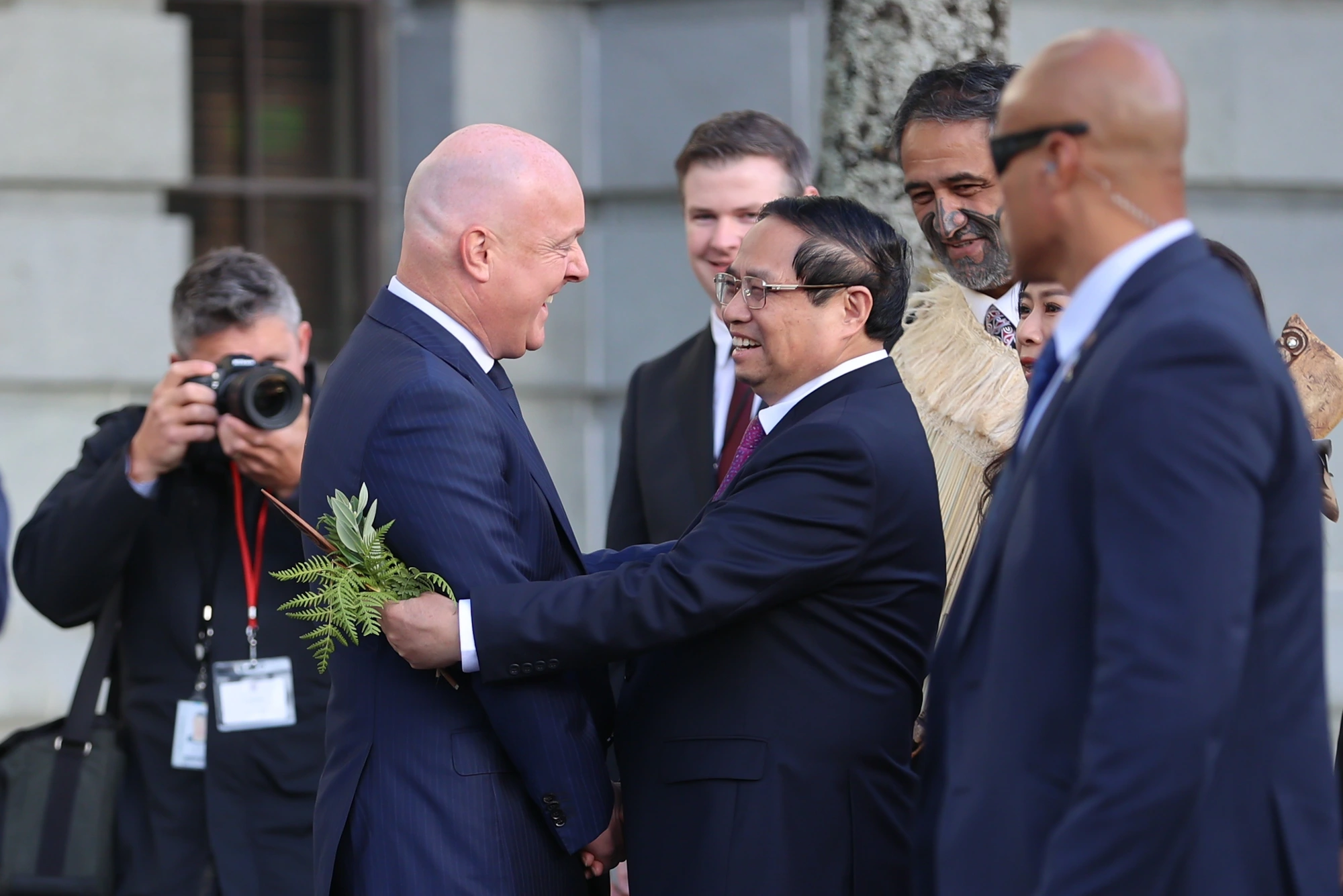
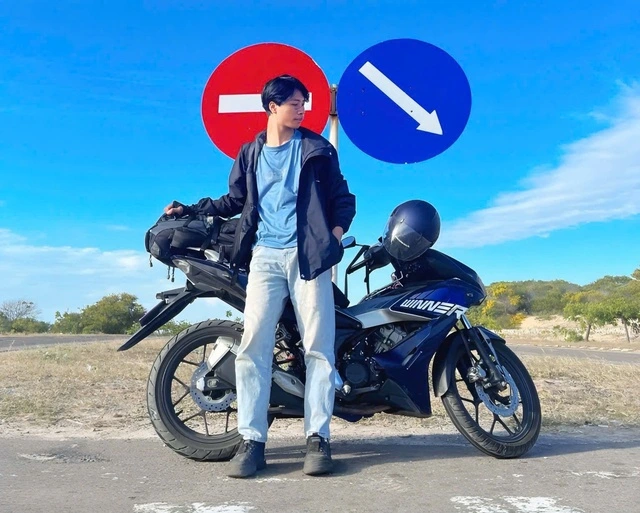
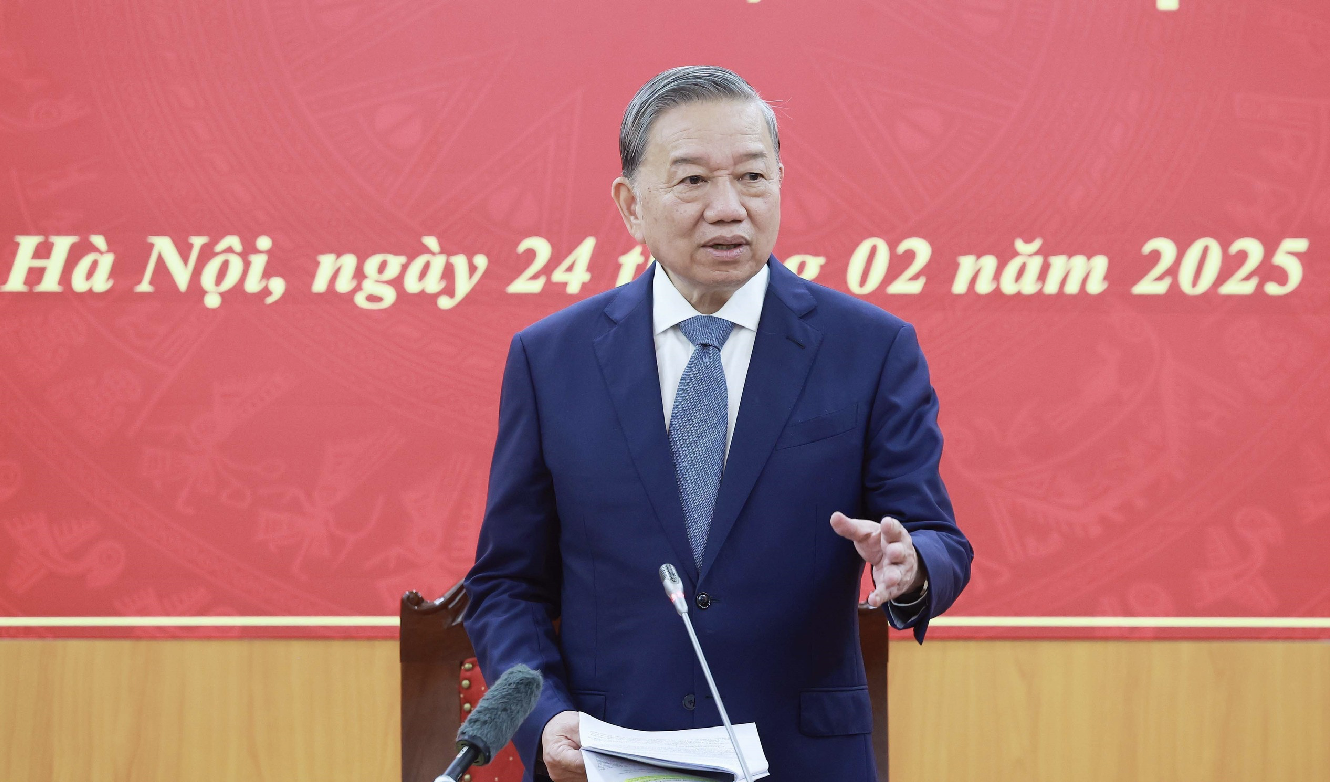








![[Photo] Prime Minister Pham Minh Chinh chairs Government Conference with localities on economic growth](https://vstatic.vietnam.vn/vietnam/resource/IMAGE/2025/2/21/f34583484f2643a2a2b72168a0d64baa)

























































Comment (0)